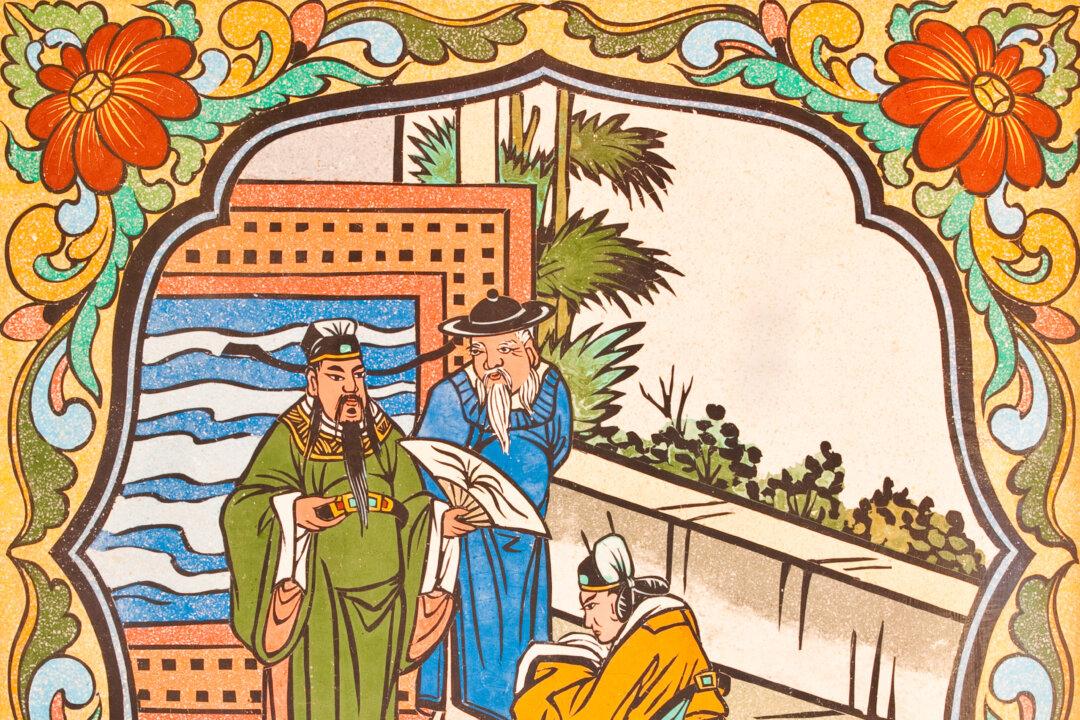According to historians, government officials were noted for being highly competent during the reign of Emperor Ming (漢明帝) of the Eastern Han Dynasty (A.D. 25–220), thus allowing the people to live and work in peace and contentment.
The reason has to do with the great importance Emperor Ming placed on appointing individuals to official posts based on virtue, merit, and ability.
The Chinese saying 愛惜郎官 (ài xī láng guān), which literally means to cherish the “lang guan” (郎官), an official position within the central government during the Han Dynasty, exemplifies the emperor’s reasoning and approach to official appointments.
As told in historical records, one day Emperor Ming’s elder sister requested that he grant her son a lang guan position. The emperor did not agree, but due to his sister’s status as a princess, he hesitated to directly deny her request. Therefore, he granted her son 10 million coins instead.
Emperor Ming later explained to his ministers: “The Lang Star (郎星, láng xīng) in Heaven has the same name as lang guan. Thus the two have a corresponding relationship, which speaks to the serious importance of this position.
“Once in office, the official will take on great responsibility. If we make an error in appointment, it will be disastrous for the people.”
He added: “I do not know whether the princess’s son is a virtuous man, so I cannot casually grant him an official post.”
The emperor deeply understood the tradition that official positions and titles are created for the purpose of governing the country for the benefit of the people. Thus they must only be given to those who are capable, well-qualified, and meet a high moral standard.
Emperor Ming believed that official posts must not be used as favours to be granted indiscriminately, such as to relatives or friends, or as appointments bestowed or denied based on personal likes and dislikes.
He was the only emperor during the Han period who consistently enforced the law with impartiality and never yielded to influence from his wives’ or his mother’s families.




